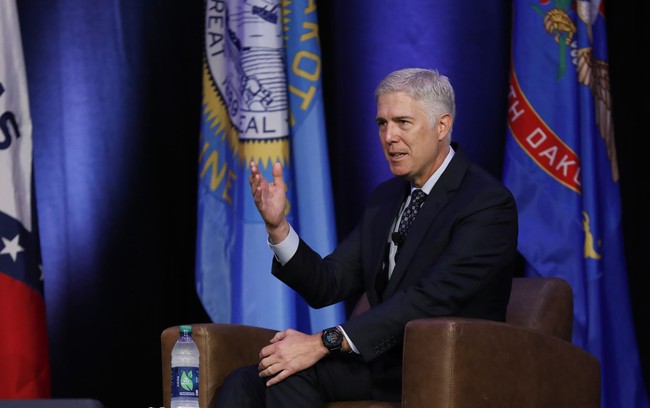berg80
Diamond Member
- Oct 28, 2017
- 24,982
- 20,939
- 2,320
The majority of Supreme Court justices appeared skeptical during oral arguments Tuesday of the Biden Justice Department’s use of a federal obstruction statute in prosecuting over 300 Jan. 6 defendants.
The outcome of the case involving defendant Joseph Fischer could have major implications for former President Donald Trump’s election interference case brought by special counsel Jack Smith. The 45th president is charged under the same law, 18 U.S. Code 1512(c)(2), which has to do with the destruction of documents.
The two competing readings of the obstruction statute, explained
To understand the two competing interpretations of the obstruction statute, it’s helpful to be familiar with its full text. It provides that:Much of the disagreement between judges who read the statute broadly and judges like Nichols and Katsas turns on the proper meaning of the word “otherwise.”(c) Whoever corruptly—
(1) alters, destroys, mutilates, or conceals a record, document, or other object, or attempts to do so, with the intent to impair the object’s integrity or availability for use in an official proceeding; or
(2) otherwise obstructs, influences, or impedes any official proceeding, or attempts to do so,
shall be fined under this title or imprisoned not more than 20 years, or both.
As the DC Circuit held in its opinion adopting DOJ’s reading of the statute, “the word ‘otherwise’ has been given its common meaning of ‘in a different manner’ when used in similarly structured statutes.” So subsection (1) covers obstruction of a government proceeding involving documents, while subsection (2) covers obstruction of such a proceeding that is achieved through some means other than destroying or manipulating a document.
I keep posting this stuff knowing it goes over your head.

